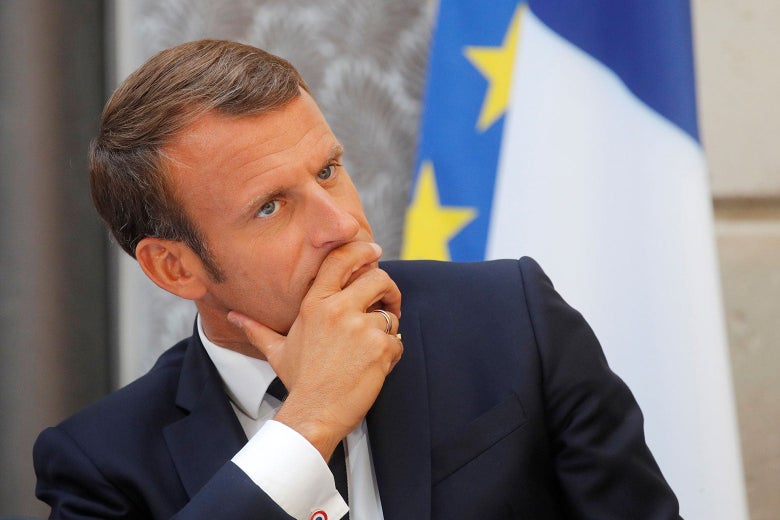France is in turmoil due to the government’s desperate measure to reform the retirement age changing it from 62 to 64. It is not simply a question of pushing the age limit or improving the country’s financial position as claimed by the government. It raises crucial issues of employability of the young population and the physical stamina and emotional life of aged employees. Women, it is feared, will be the worst sufferers. The reforms are a part of French President Emmanuel Macron’s electoral pledge to make France’s welfare system more sustainable. The trouble is he had opposed the reforms during his first term. But, he fought the election for his second term promising to go ahead with the reforms.
Now, the French government contends that with an increase in life expectancy, these reforms have become imperative for the country. Prime Minister Elizabeth Borne stated that the minimum retirement age to be entitled to a full pension will be gradually increased by three months every year, starting this year. It means from 2027, people will have to work for at least 43 years to become eligible for a full pension. Those who would fail to meet the criterion will have to work till 67 years so as to retire with full pensions.
As a large number of people vehemently expressed their opposition to the new arrangement, the Left parties, and the country’s trade unions resisted the reforms tooth and nail. The conservatives and Far-Right parties also rallied behind the aggrieved population. This made the passage of the Bill in the French Parliament impossible, forcing the Prime Minister to use a controversial constitutional provision that enables the government to bypass the legislature to make the law. This has only added fuel to fire. The pension reform project raises, among other things, the question of how time should be divided between work and leisure.
A recent study in Europe used data collected since 1975 to ascertain how the feeling of well-being changes as people age. It has monitored successive generations and comes out with the findings that the feeling of well-being peaks between the ages of 60 and 69, even rising beyond that expressed by young people. There are many reasons for this “peak of happiness” at an age that more or less coincides with retirement, but they are related to the extra free time that marks the end of a person’s working life when people are still – on the whole – in good health. There is a relationship between the subjective feeling of well-being and the amount of free time people have, i.e. their leisure time. Some studies have even shown that in wealthy societies, the effect of leisure on well-being is stronger than that of income. The survey distinguishes between active and passive leisure.
Active leisure activities involve using specific skills for work including writing and taking part in sports. Passive leisure activities are those that do not require much skill and are aimed at immediate gratification such as entertainment, listening to music, watching television, visiting amusement parks and resting. Raising of retirement age and requirements on career lengths will specifically affect the most vulnerable – women. This segment of the population is set to be the biggest loser with the new 43-year career requirement. Many women are forced to temporarily quit work to raise families and rejoin after lengthy gaps.
According to the proposed reforms, these women will have to still put in 43 years of work or turn 67 to avail full retirement benefits. Another area of concern is that a high employment rate for older workers, as envisaged in the reforms, does not prevent a low unemployment rate for young people. This is why the young population is so dismayed. The 2010 reform that raised the retirement age from 60 to 62 in 2018 tends to confirm their fears.
Though it has resulted in an increase in the employment of older people, it has caused a marginal increase in unemployment causing sufferings to the youth. The current state of affairs in France does not augur well for the President after his recent hard-earned victory. Macron seems to have taken great risks and he may be reduced to a lame-duck Presidency going by the mood of the legislators and the people.
